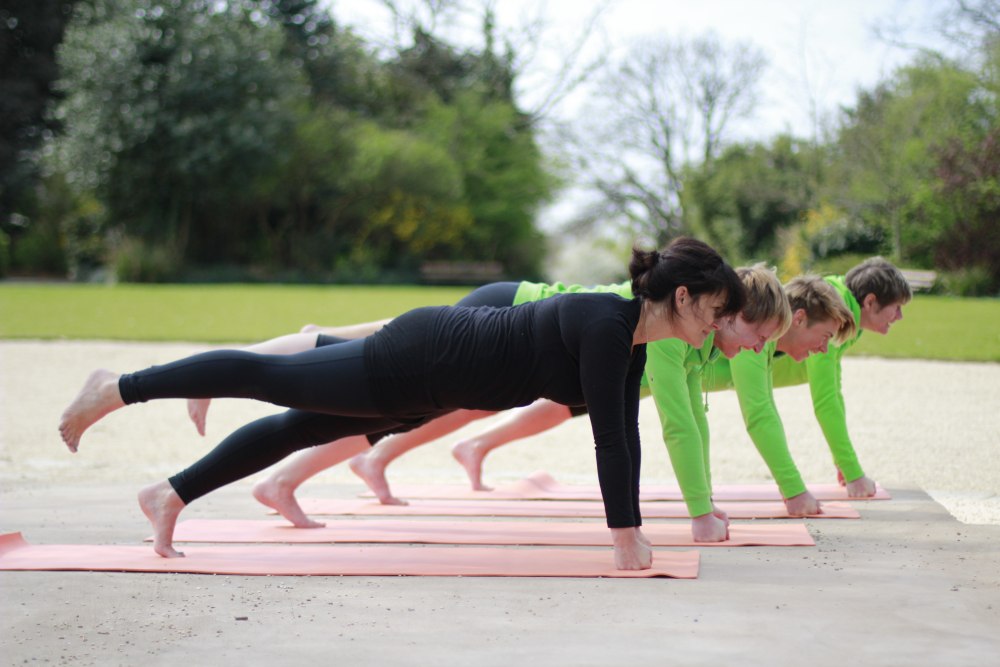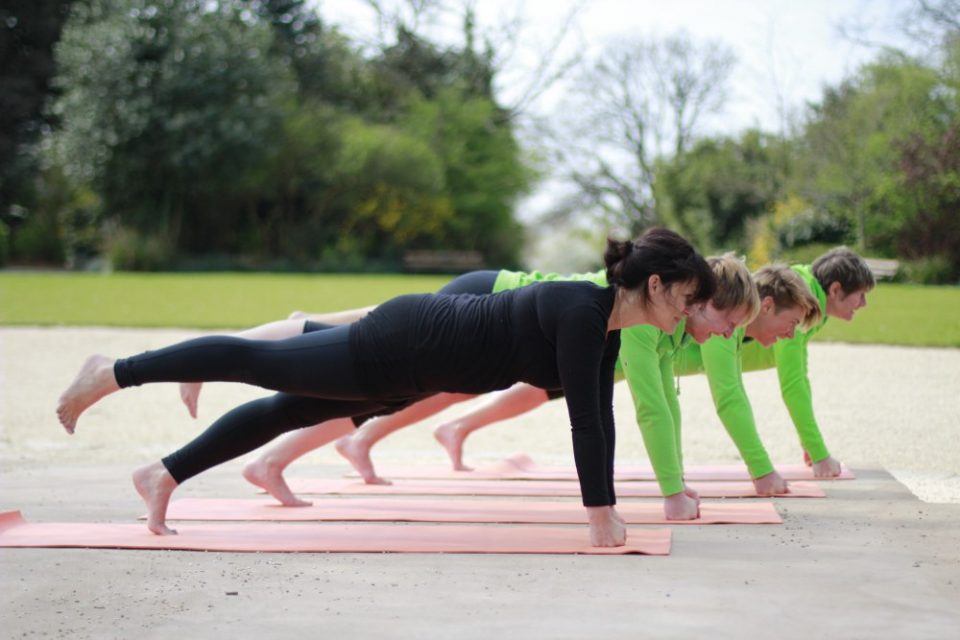
So far this month I’ve focused on helping you with your resolutions and good intentions. The first blog post was about Thriving not surviving, and how to stay rested after the Christmas break. The second was about intelligent training, and last week I wrote about how to form lasting habits and make sustainable changes. This week, I want to talk about consistency and why it’s important.
I consider my own routine to be very consistent. This is partly because I like structure and routine (to a point), but also because I like to get a lot done and to do so, you need energy. My typical week will involve twice weekly 1-1 boxing sessions at my local boxing gym, a run twice a week with two separate clients, and tennis at least twice a week. In between, I will do a Tabata workout at home and I use the foam roller every night in front of the television. I rarely defer from this routine, and my nutrition is also fairly typical. For breakfast I’ll have a green smoothie (kale, spinach, banana, apple, chia seeds and coconut water blended in the Nutribullet). Lunch is a quiche and salad in the café in our office building, and dinner is predominantly vegetables (green and roasted) with a piece of fish or chicken. Of course I’ll have some variety from time-to-time, but that’s my basic routine.
Having a consistent routine helps me to conserve energy, for two reasons. Firstly, having a routine gets rid of the internal monologue that takes place. By internal monologue I mean chatter such as:
“I ought to go to the gym tonight but I could go tomorrow”
“I know I ought to cook tonight but its easier to get a take-out”
“When shall I fit in a run this week, I’m busy all week”
This kind of internal monologue is draining, and a waste of energy. By having a consistent routine that you usually stick to, you can remove the need for this tiresome chatter. Having a routine gives me more energy, because I’m maintaining my fitness levels. Apart from peaking for specific events such as the London Marathon, my fitness levels are consistent throughout the year, so my energy levels are too. Developing a good level of physical fitness takes time, and it’s much easier to maintain than gain. So once you’ve built up some fitness, put in the effort to retain it.
There are a couple of other things I’ll do to maintain my fitness; firstly, I am very strict about not booking anything instead of the boxing sessions at the gym. If I have to be away that day, I’ll move the session to another day that week. If I’m away for the week, I’ll catch up when I’m back. Also, I pay for those sessions on a monthly standing order, so it’s ‘use it or lose it’, and therefore I’m incentivised to book them in. The other thing I’ll do is adapt. If I’m away, I’ll do the same intensity of workout wherever I am. Tabata is great for this – it’s a high-intensity workout that takes minutes to do. Tabata is a 4-minute exercise that consists of 20 seconds of exercise and 10 seconds of rest. You work as hard as you can for the 20 seconds, and are strict with the 10 seconds rest. You can download an interval app on your smartphone and program in the timings. I recommend this as a quick and easy way to workout and it can be done in a hotel room or larger space.
Environment drives performance is one of my mantras, and this also helps enormously with consistency. Keeping your environment – home and work – clean, tidy and efficiently set up will help you to maintain good habits. Plan ahead, be prepared and know where things are. You can’t maintain a decent fitness routine for example if your kit isn’t in one place and clean, or you haven’t set aside enough time to get there and back before your meetings.
From a nutritional standpoint, you’ll find consistency when your body finds it natural set point. Set point refers to your body’s natural weight; it’s easy to maintain, and the hormones ghrelin (hunger) and leptin (satiety) are balanced and working well. You’ll eat when you’re hungry, stop when you’re full and you’ll maintain a steady body composition. Your body will naturally find it’s set point if you have a consistent and balanced fitness and nutrition program, and avoid disruptors such as sugar, alcohol, nicotine, excess caffeine, poor sleep, chronic stress and some prescription drugs.
The key to maintaining consistency is to normalise whatever it is you’re doing. Rather than following a special diet, or signing up to a short term program, think of health, fitness and nutrition as something you do because your alive. I encourage clients to think about healthspan not lifespan; our goal should be to maintain good health for as long as possible rather than trying to live for as long as possible. The more you can normalise what you do, the easier it will become, and the more enjoyable. And once you start enjoying it, you’re off to the races.
Leanne Spencer is an entrepreneur, coach, TEDx Speaker, author of Remove the Guesswork: the highly personalised approach to health, fitness and nutrition that puts you first, and founder of Bodyshot Performance Limited. Bodyshot is a health and fitness consultancy that uses innovative techniques such as DNA testing, wearable tech, biohacks and bespoke coaching to transform the lives of our clients. Visit www.bodyshotperformance.com or send an email to info@bodyshotperformance.com for more information or to register your interest in our services. Connect with us on Facebook, Instagram and Twitter.


